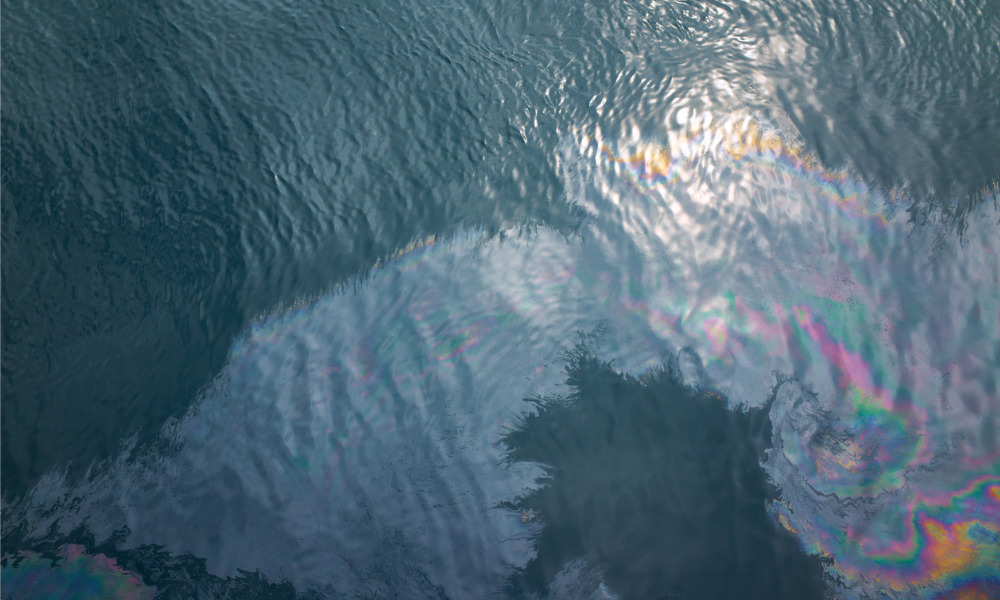Environmental and wildlife enforcement officers ran comprehensive investigation into 2018 accident

Environment and Climate Change Canada and the Canada-Newfoundland and Labrador Offshore Petroleum Board have laid charges against Husky Oil Operations Limited in connection to a petroleum spill of an estimated 250,000 liters of crude oil in November 2018.
The government department and the petroleum board undertook parallel investigations into the event that occurred at the White Rose Oil Field in the Newfoundland and Labrador offshore area. They worked together and communicated during the process in light of the incident’s significance.
Environment and Climate Change Canada laid three charges, for contraventions of s. 36(3) and s. 38(6) of the Fisheries Act and of s. 5.1(1) of the Migratory Birds Convention Act, 1994, it said in a news release.
Subsection 36(3) of the Fisheries Act prohibits, subject to subsection (4) on deposits authorized by regulation, the depositing or allowing the deposit of any type of deleterious substance in water frequented by fish or in any place under conditions where deleterious substances may enter such water. Subsection 38(6) pertains to the duty to take reasonable measures consistent with public safety and with the conservation and protection of fish and of fish habitat.
Subsection 5.1(1) of the Migratory Birds Convention Act bans depositing substances harmful to migratory birds in waters, in areas frequented by migratory birds or in a place from which the substance may enter such waters or such areas.
The petroleum board, on the other hand, has laid charges relating to three alleged contraventions that would constitute offences under s. 194(1)(a) of the Canada-Newfoundland and Labrador Atlantic Accord Implementation Act, said the board’s news release.
Two of the three charges laid by the petroleum board are for contraventions of the Newfoundland Offshore Petroleum Drilling and Production Regulations. The board alleges that Husky Oil failed to ensure that work or activity likely to cause pollution ceased without delay, and having ceased work or activity likely to cause pollution, that the company resumed work without ensuring that it could do so safely and without pollution.
The petroleum board’s third charge pertains to a breach of the Canada-Newfoundland and Labrador Atlantic Accord Implementation Act, which prohibits causing or permitting a spill on or from any portion of the offshore area.
The first court appearance for these charges is scheduled for Nov. 23 at the Provincial Court of Newfoundland and Labrador in St. John’s. The charges have not yet been proven
Environment and Climate Change Canada has a mandate to ensure clean air and water and to protect and conserve wildlife species and their habitat through promoting the strong and effective enforcement of Canada’s environmental and wildlife protection laws.
It administers and enforces the Fisheries Act’s pollution prevention provisions, as well as the Migratory Birds Convention Act, 1994, which governs the protection and conservation of migratory birds and their nests.










